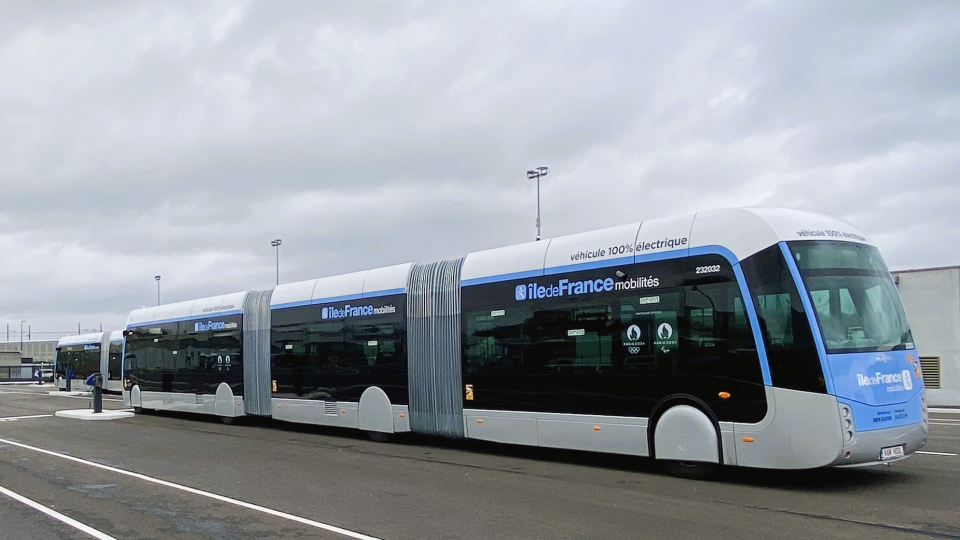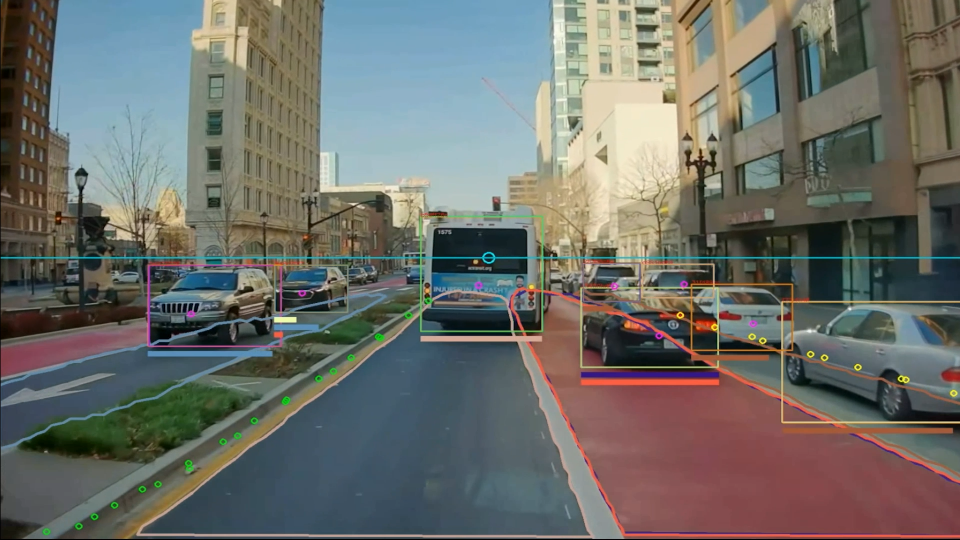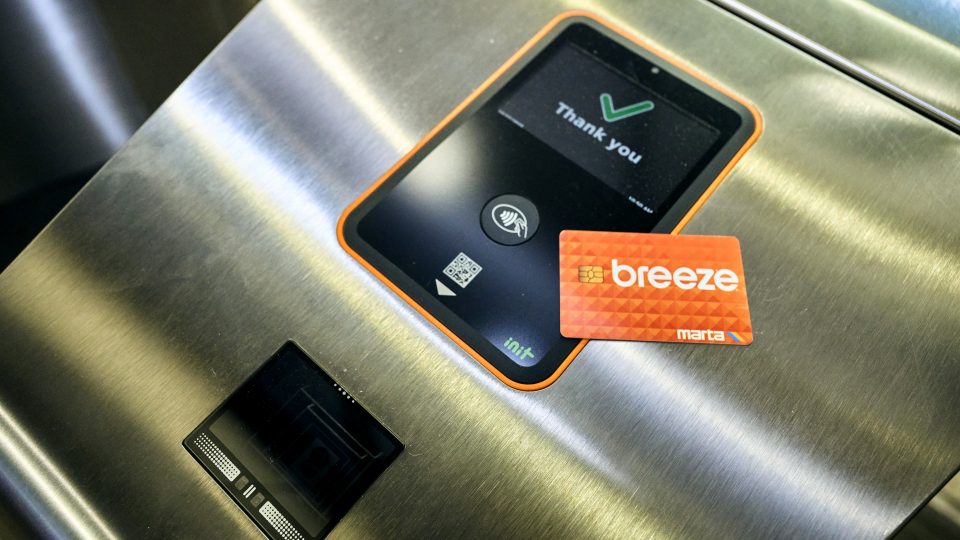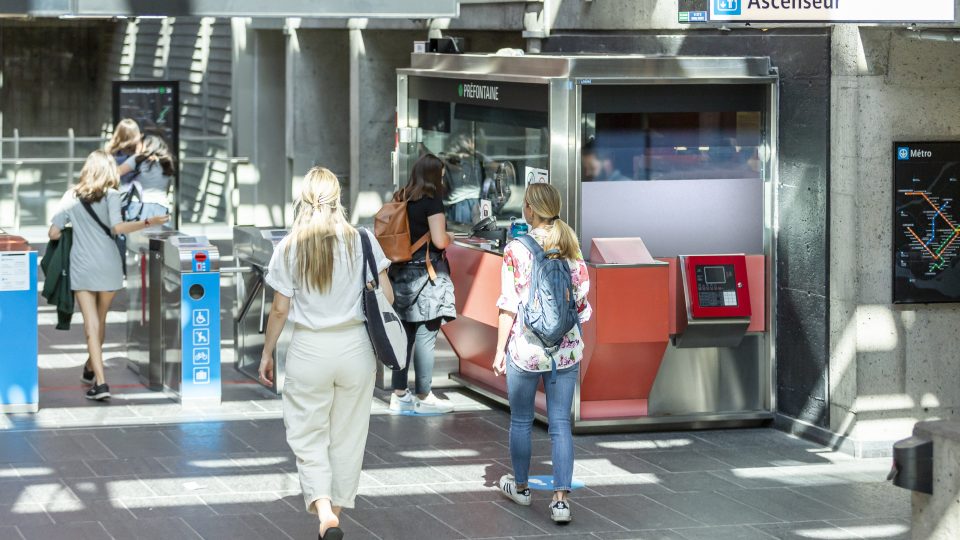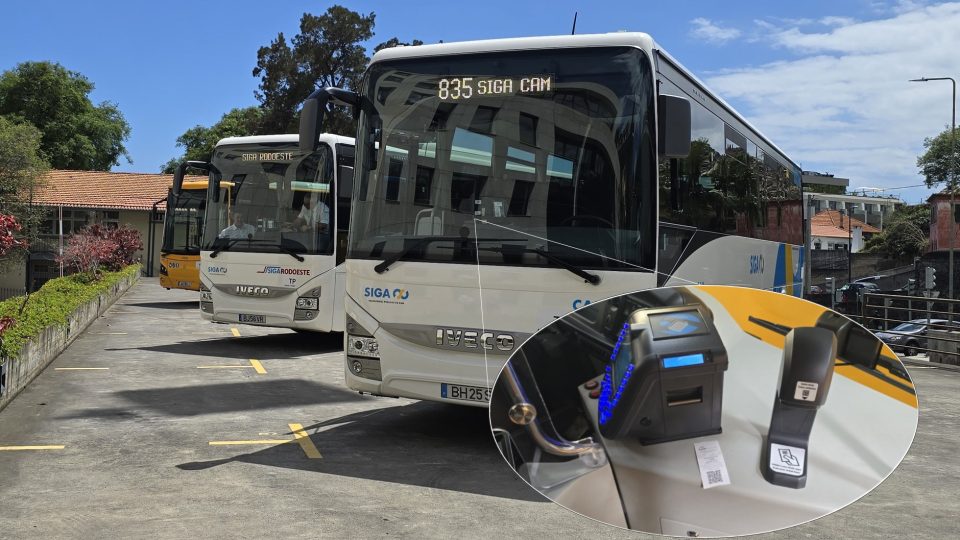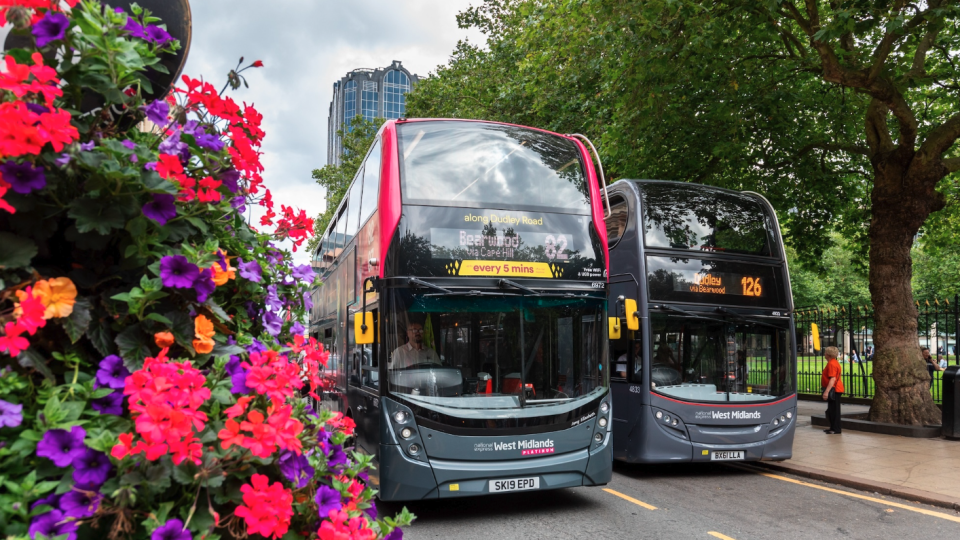Kentkart brings EMV payments to the Philippines
The Tap&Go project by Kentkart marks a milestone in the Philippines, where commuters can now use EMV-enabled Mastercard cards on public transportation for the first time in history. This innovative initiative, launched on BGC buses in Taguig City, is the result of a collaboration between AF Payments, Mastercard and Kentkart. By integrating automated ticketing technologies, […]
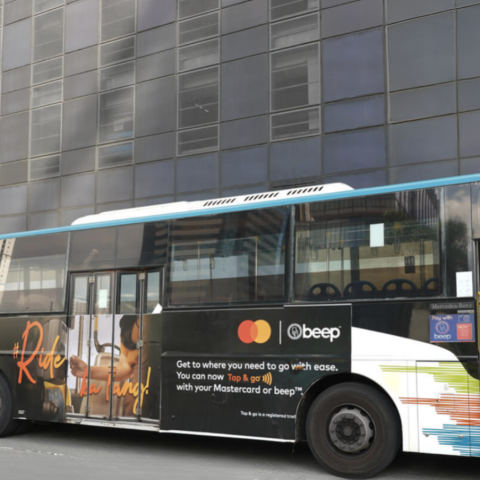
The Tap&Go project by Kentkart marks a milestone in the Philippines, where commuters can now use EMV-enabled Mastercard cards on public transportation for the first time in history. This innovative initiative, launched on BGC buses in Taguig City, is the result of a collaboration between AF Payments, Mastercard and Kentkart. By integrating automated ticketing technologies, the project has also transformed commuting into a cashless experience.
The Tap&Go project, which aims to modernize the public transportation system in Taguig by introducing EMV card acceptance, has Kentkart’s Automated Fare Collection (AFC) system, powered by Account-Based Ticketing (ABT) technology, as its pivot.
Prior to this initiative, public transportation in the Philippines faced significant challenges, particularly in ticketing. Reliance on cash-based systems created inefficiencies, extended boarding times, and increased errors in fare management. An infrastructure to support modern payment methods did not exist, leaving passengers with limited options and operators unable to meet the evolving needs of commuters. The growing demand for flexible, cashless solutions made it clear that a transformative project like Tap&Go was essential to bridge the gap and improve the overall quality of public transportation.
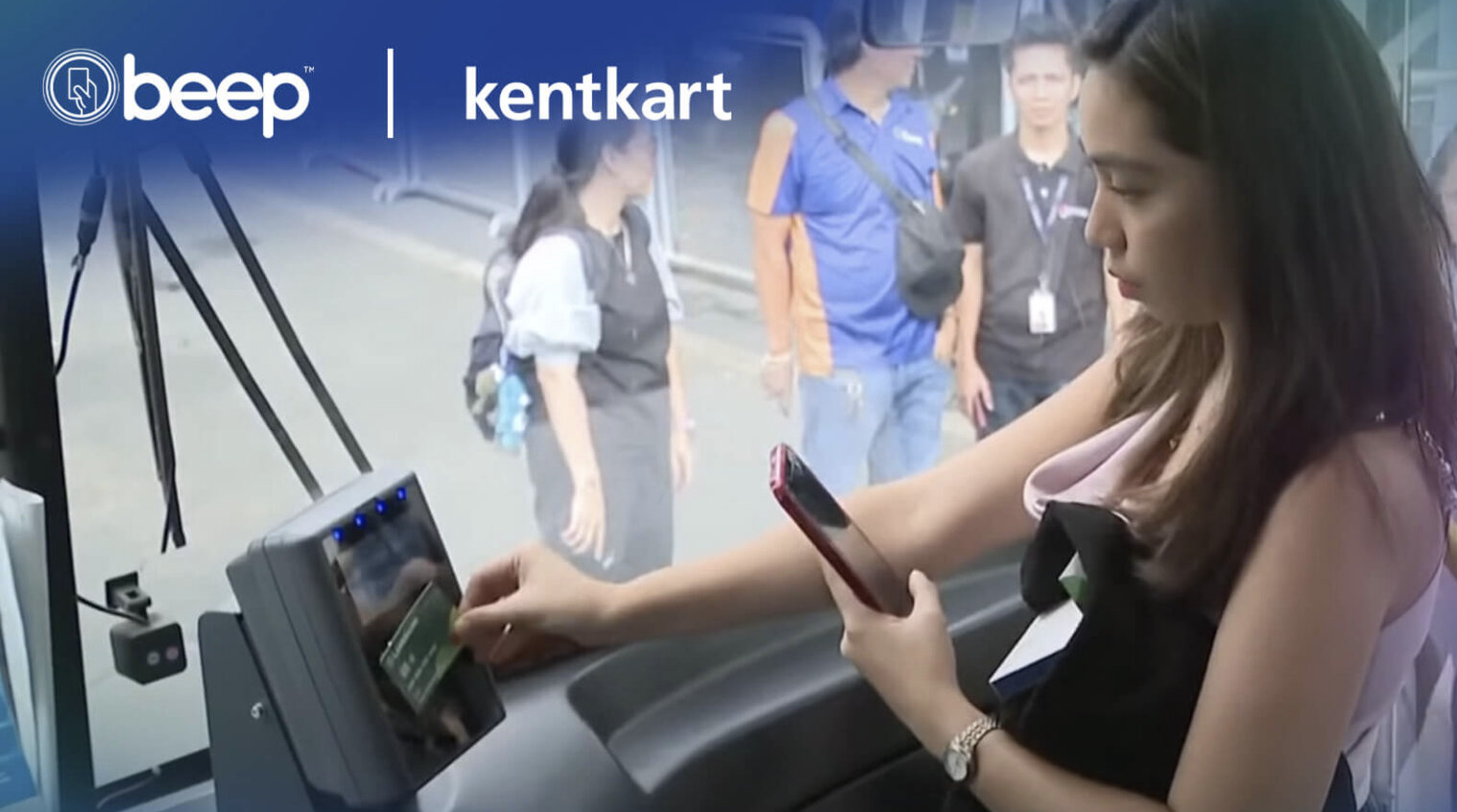
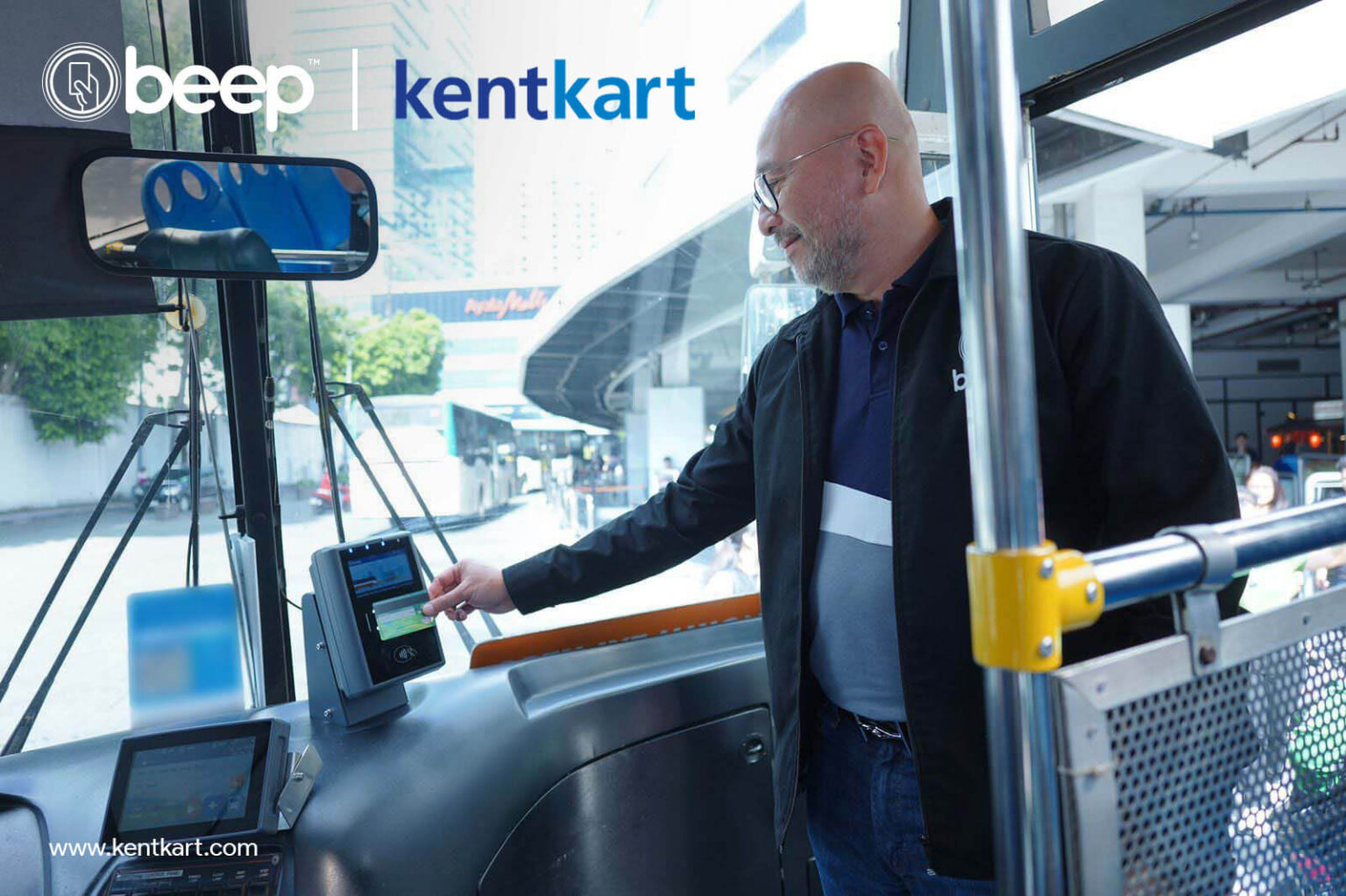
Kentkart’s role in the project in Taguig
Kentkart provided the backbone of the Tap&Go project, bringing a comprehensive solution that modernized fare collection in Taguig. The solution includes the installation of EMV-ready validators, enabling acceptance of Mastercard cards in the country’s public transportation. In addition, Kentkart’s ABT technology ensured secure, smooth and convenient cashless transactions for passengers. By offering real-time operational data and robust analytics, Kentkart enabled operators to optimize routes, manage busy periods, and improve service quality.
The project has also brought transformative benefits to operators, simplifying their operations and improving efficiency. Kentkart’s EMV-ready validators and advanced software ensure accurate ticketing and minimize losses. The real-time data provided by Kentkart’s system enables operators to make informed decisions, optimize routes, and improve service reliability. In addition, the AFC system’s modular and scalable design ensures that it can grow with the transportation network, providing flexibility and adaptability to future needs.

